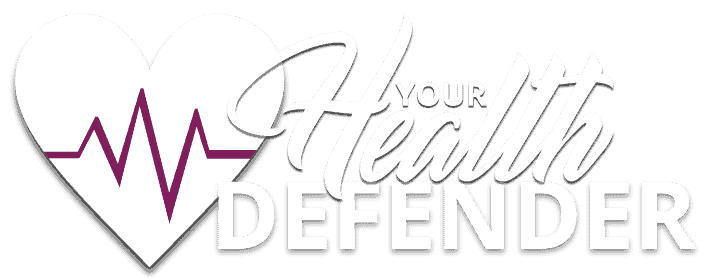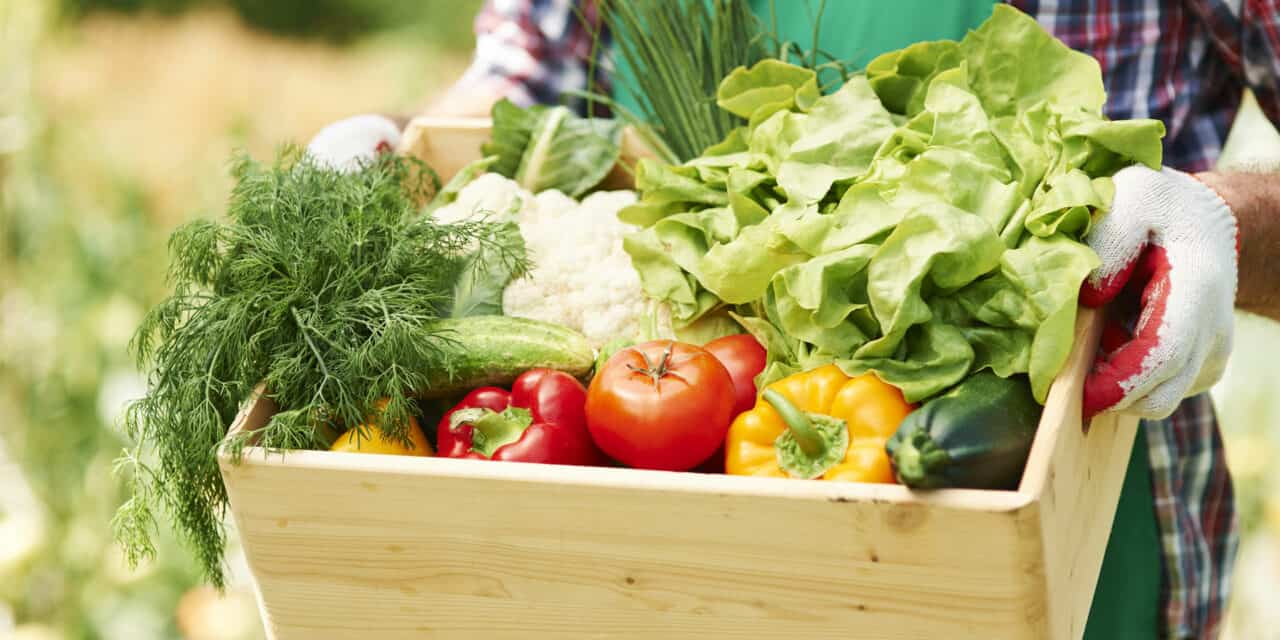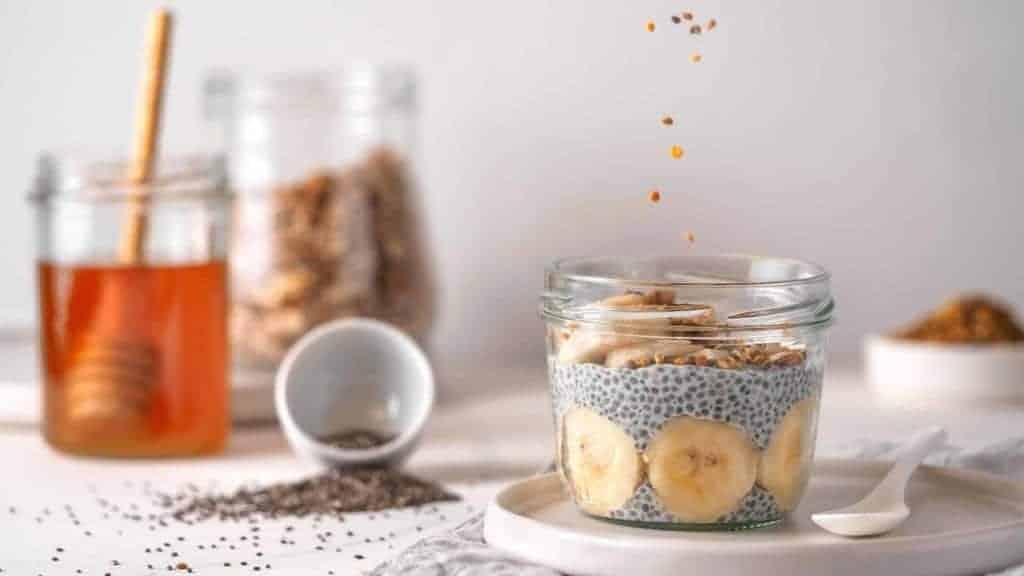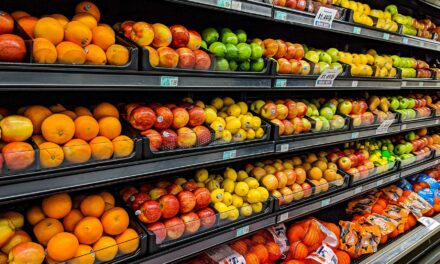If you have been paying attention at all over the last two decades, you have watched as the word “organic” flourished in the mainstream vocabulary. If you know anything about me, you should know that going organic is my first recommendation to people; it should be your top dietary priority. This simple shift in your diet can yield health benefits beyond the imaginable.
What Does It Mean for Something To Be Organic?
This term can often be confusing because there are two meanings to it; today, I want to talk about the one pertaining to labeling food products intended for consumption. According to the US Department of Agriculture (USDA): “Organic meat, poultry, eggs, and dairy products come from animals that are given no antibiotics or growth hormones. Organic food is produced without conventional pesticides; fertilizers made with synthetic ingredients or sewage sludge; bioengineering; or ionizing radiation.” Food produced in this manner can display the USDA symbol and be sold as having an organic certification.
Is Organic Food Better For You?
I could answer that question in one simple word: absolutely. But, being the curious creatures that humans are, you might need some data to back up that assertion, and I appreciate you for that. Asking good questions is what living a better life is all about.
When you bite into a burger from your favorite burger joint, you probably have a sensory experience as your body and brain are flooded with chemicals that induce “good feelings,” like dopamine and serotonin.
Eating, for many of us, is a pleasurable experience. However, while reveling in that burger’s gloriousness, you probably didn’t stop to think about where it came from. More importantly, do you know how that animal was reared and what it ate before you ate it?
Because today’s agronomic system features smaller parcels of land producing massively exponential quantities of goods compared to decades ago, there is a great chance that farmers used chemicals to harvest your meal. Whether it is pesticide residue that reduces disease in animals raised in close-quarters, growth hormones to expedite a harvest’s “yield,” or synthetic fertilizers to keep the land producing what those animals need to turn maximum bid at auction, the chemicals stored in the animal’s cells eventually find their way into your body when you consume inorganic meat products.
And it’s not just animals. Produce grown, treated, or harvested with chemicals to increase size and weight or reduce the time on the land so another crop can directly follow is just as dangerous as meats raised with inorganic farming principles to turn profit quicker. This “fast and easy” way of doing things is a byproduct of our economy’s fascination with maximizing profits, only asking if they can get more out of less, not if they should.
When you purchase items that are labeled as certified organic food, you are assured that the farmer refrained from using most conventional pesticides, antibiotics, growth hormones, chemically fertilized feed, fertilizer that is synthetically engineered, feed grown by application of waste material, and certify that the food was raised without the use of radiation.
The Real Harm of Inorganic Food
What does all this mean for you, as a consumer of conventional foods vs. organic produce or organically grown animal products? If you have considered the above-mentioned products excluded in organic agriculture, you will start to notice that most of it is downright poison.
Pesticides and synthetic fertilizers are known precipitators of infertility, cancer, and other chronic conditions, and you want to avoid exposing yourself to those as much as possible.
Food animals often live in stressful conditions, which results in increased stress hormone release in their body (cortisol), which then decreases the strength of their immune system. As a result, they become prone to disease, and many require antibiotics to remain healthy enough to pass along to the food industry. Many of these animals carry bacteria such as Salmonella and Campylobacter, which can make people ill. As they are given antibiotics, resistant bacteria can continue thriving in their gut and get passed along to consumers, which can flourish as drug-resistant bacteria in our bodies.
Lastly, I will bring up growth hormones in people’s animal products. In conventional meat and milk, hormones can often be found in excess. While humans produce many of these hormones themselves, studies have queried whether or not an abundance of these hormones is linked to cancer and, possibly, inducing puberty in prepubescent children. Studies are still early in this exploration, but we know that prolonged hormone exposure in people has been linked to cancer. When you purchase USDA-certified organic foods, you are guaranteed that you do not get any growth hormones in your food or dairy products.
How Can I Find Affordable And Accessible Organics?
I promise it’s possible! It’s a common argument that it’s too expensive to buy organic, and I understand that the price tag might appear higher. However, it may save you years of costly medical bills, help you keep a healthy body, fight off disease, and stick around to experience life for years to come. In addition, organic foods are known to be generally more nutritious, so even when they cost more, you are actually getting the benefit of clean food and more nutritious food!
Consider Your Frequency of Purchasing Organic Produce
If you are someone who prefers to go to the grocery store only once every couple of weeks, it might be a tad more challenging for you to buy organic. Since organic produce is free of preservatives, you will find that it does not have as long a shelf-life as conventional produce.
Making a bi-weekly grocery trip can significantly reduce the amount of fresh produce you waste by ensuring it doesn’t go bad before consuming it. Planning your shopping around two visits to the grocery store a week can easily save you money.
Forever A Farmer’s Market Aficionado
I love going to the farmer’s market. Something is heartening about the freshness, the hope, the people, and the organics! I like seeing the face of the person who farmed my food. Most people who take their products to the market are serious about human health, the well-being of animals and people, and spreading health through their hard work and dedicated efforts to create sustainable crop yields.
Please talk to the farmers and marketers there and ask what their practices are – Do they use pesticides and chemicals, or do they use organic methods? You’ll find that often farmers do use organic methods, but they may not have the organic certification because getting the official certification can be costly.
DIY Organic Food (aka Organic Gardening)
Raising your organic foods can be well worth the effort, but it might not be for everyone. It does take time, dedication, and space. However, if you are a natural gardener, why not consider adding fruits and veggies to your repertoire? I’m beginning to do more organic gardening myself in my raised beds and my garden tower. It’s a learning process, but so rewarding! If you homeschool or just have kids at home during the summertime, creating a family garden is an excellent way to teach responsibility alongside science and nutrition. (Bonus: you’ll enjoy the tasty proverbial fruits of your labor!)
Are You Ready to Take On An All-Organic Lifestyle?
I mentioned earlier that going organic is my first recommendation when people come to me with health concerns, looking for a diet regimen, or for those who just want to live healthier.
Once you learn more about what you unknowingly consume, you will wonder why you didn’t switch to an organic lifestyle sooner. I can’t speak highly enough about the positive changes I have seen in my own body and health due to this small and easy change. I know you will see the same!
Contact me to talk directly about the benefits of organic food production, animal welfare, and human health, or simply go to a recipe for my Amazing Anti Inflammatory Smoothie that incorporates everything organic that you love!






